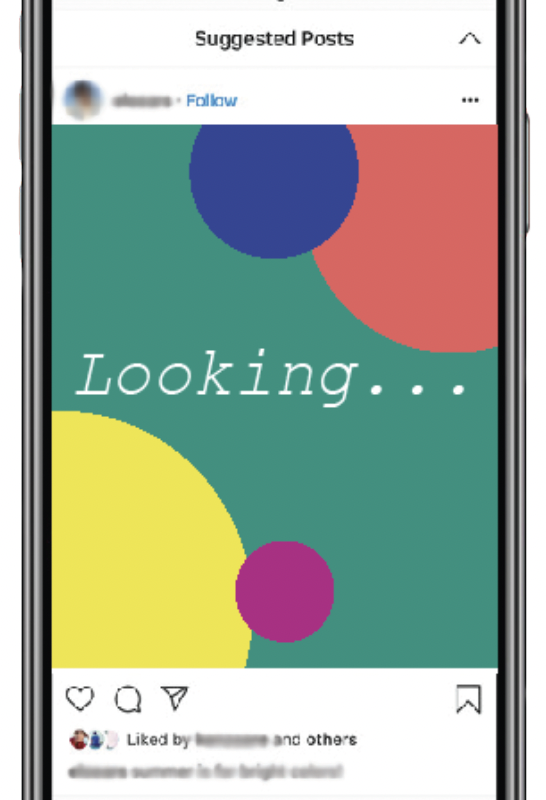by Carson Hadley
Managing Editor
Swipe. Scroll. Tap. Type. Talk. It almost, never, stops. Whether we like it or not, cell phones have become an essential part of everyday life, and that is unlikely to change anytime soon.
Recently I took a brief survey among some of my peers, asking them how much time they spend on their cell phones every day. The results ranged from just over one hour, to just under eight hours, with the average amount of time being around four and a half hours every day.
In four and a half hours, a person could drive from downtown Mount Pleasant to Mesquite, NV, allowing for time to stop for lunch in Beaver. In four and a half hours you could listen to Michael Jackson’s “Thriller” album six times. Four and a half hours could be nine Jeopardy! reruns, commercials included!
Needless to say, society as a whole spends excessive amounts of time on their phones. That’s why when my English teacher brought up the idea of going without our phones, I decided to accept the challenge.
The rules were simple. No phones for a week. We were allowed a short time at the end of every day to check our phones and see if we missed anything important. Other than that, it was preferred that we didn’t even have our phones with us. I left my phone turned off in a cabinet in my bedroom.
I’m going to be honest, the first few days were rough. I’ve never really considered myself one of those people who is addicted to using their phone, someone who “just can’t go without it.” But suddenly I felt as if I had been cut off from the rest of the world. Little things like texting my mom or listening to music on the way to school suddenly became huge inconveniences. My only form of communication was the in-person kind. Using talking.
It didn’t help that we started on a Friday, meaning my first couple of days without a phone were over the weekend. My friends would text me with plans about fun things we should go do, and I wouldn’t see them until much later. That was not fun.
Slowly, however, I started to notice the benefits of being “disconnected.” Not only did I have more time to do other things, I was much more focused. I was able to spend time thinking over things and being fully committed to projects, rather than constantly being distracted by notifications. I was able to spend more time with my family. Not just sitting near them while being on my phone, actually talking to them and playing games. I was able to give 100 percent effort on my homework assignments and finish them in record time. To top it all off, I rediscovered my love of reading. I read, and read, and read some more.
When we went back to school on Monday, I was able to pay better attention in class. At lunch, I looked at my friends while talking to them, rather than “listening” while I was busy typing away on my phone. If I had free time, instead of instantly whipping out my phone and opening up Snapchat, I became a people watcher. That was the most interesting part of the whole experience.
As I watched, I became more aware of just how addicted people are to their phones. Walking through the halls, at the store, in the parking lot, everywhere I went people were staring at their phones. I would see classmates “sneakily” using their phones during class and I almost started rolling my eyes. What could possibly be happening on Instagram that was more important than what was going on right in front of them?
When the next Friday arrived I was relieved to finally be rid of all of the inconveniences of not having a phone. I could start answering my mom’s phone calls again (yay!). I could go shopping without my dad making me stay next to my older brother. I could go back to deliberately ignoring the military recruiter’s text rather than just not seeing them.
I was also determined. Determined to talk to people more. Determined to be more focused. Determined to help others see the value of looking at each other, rather than their screens.



